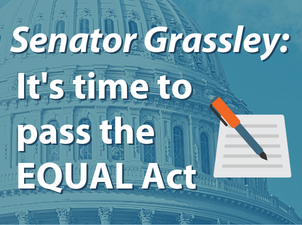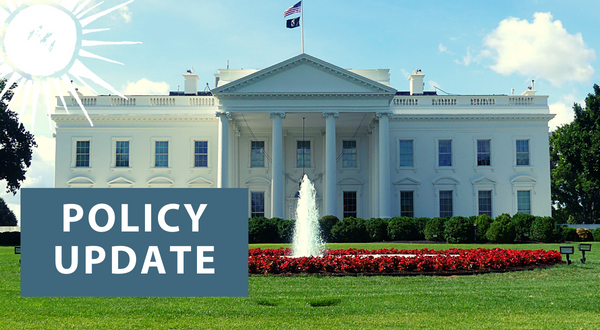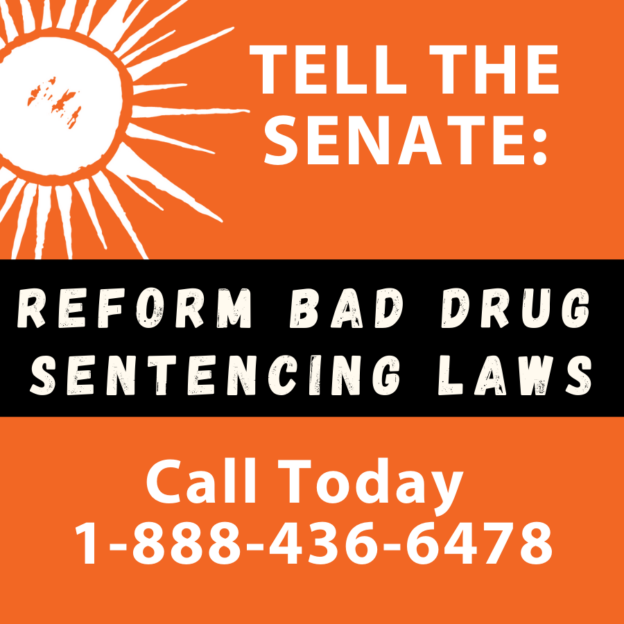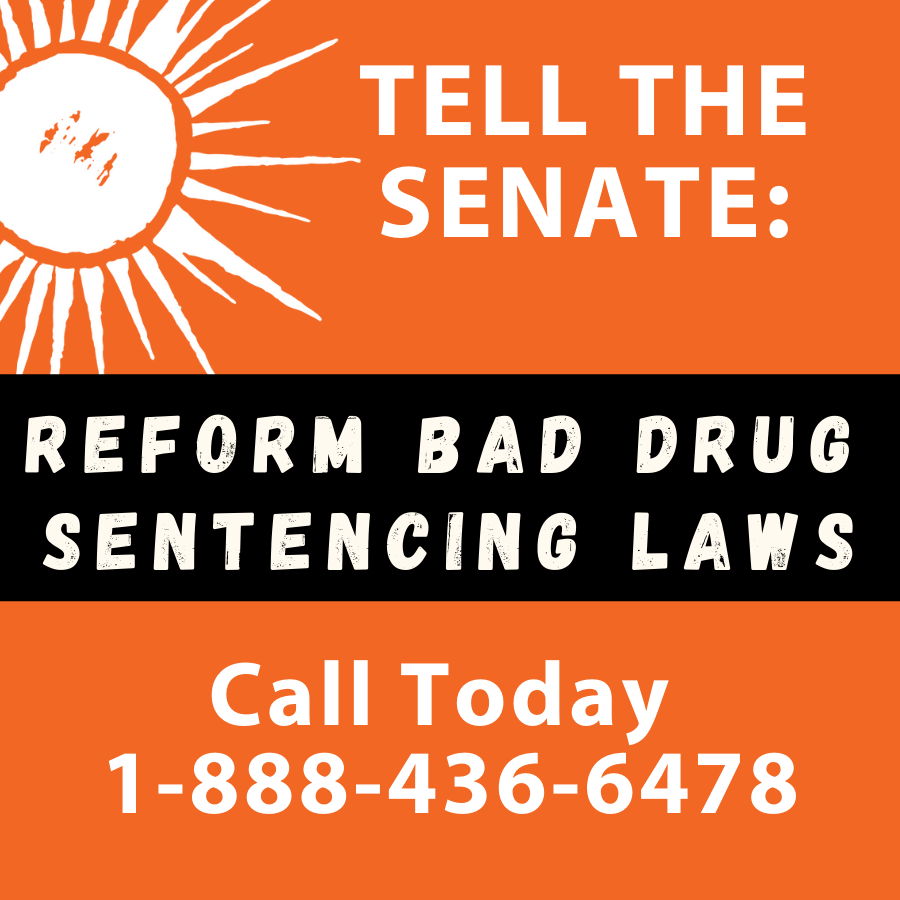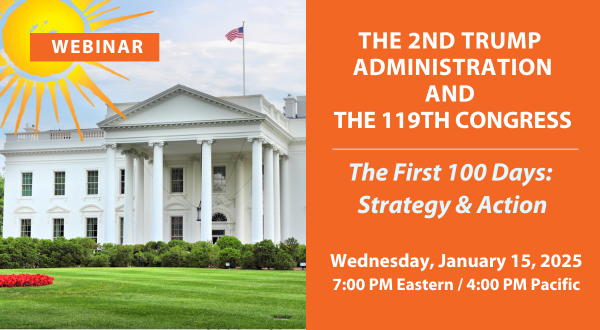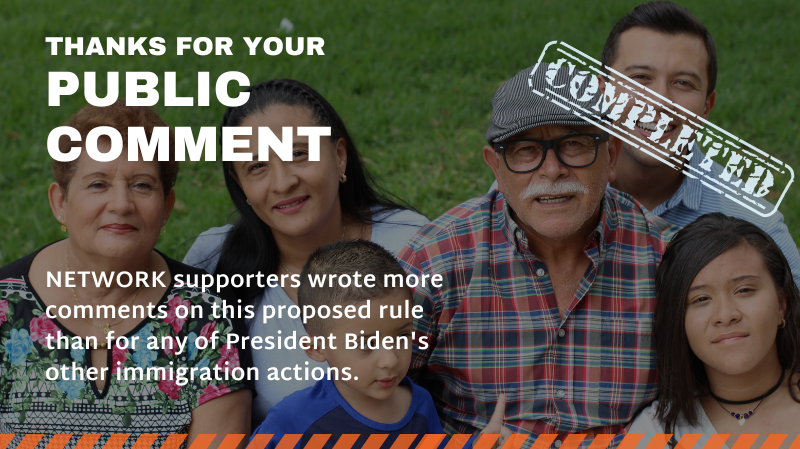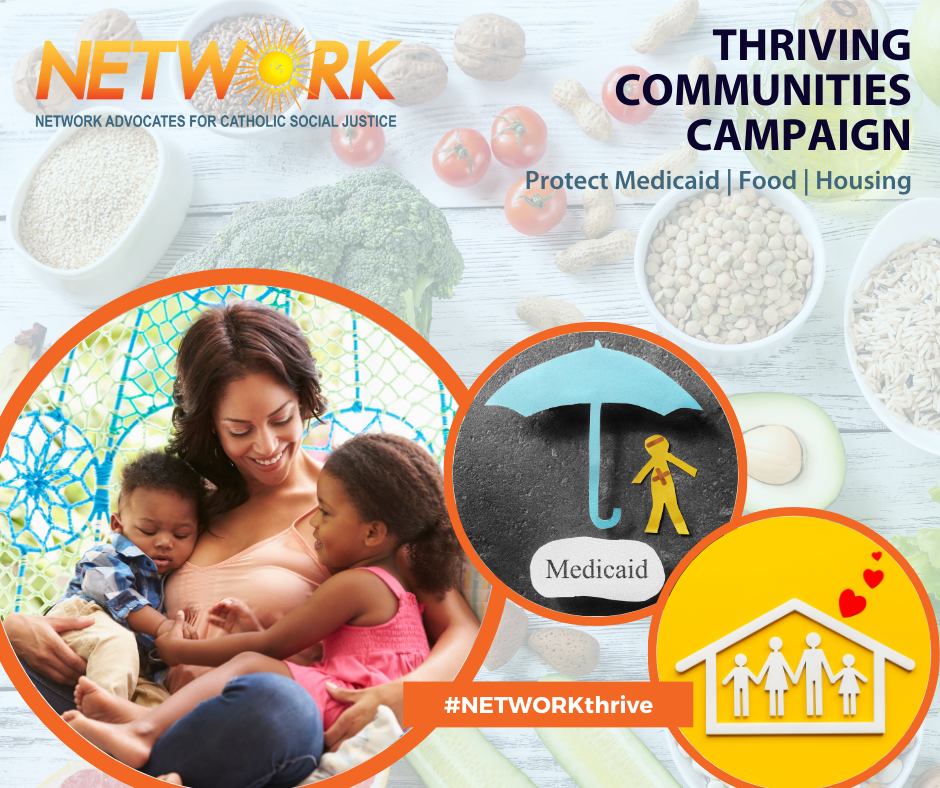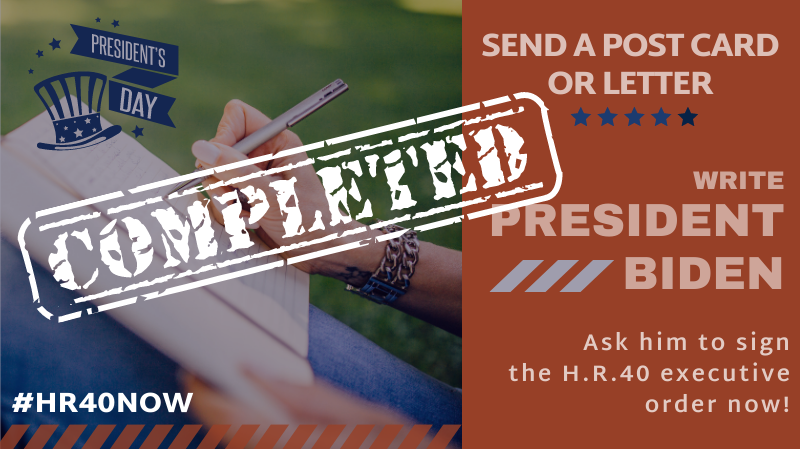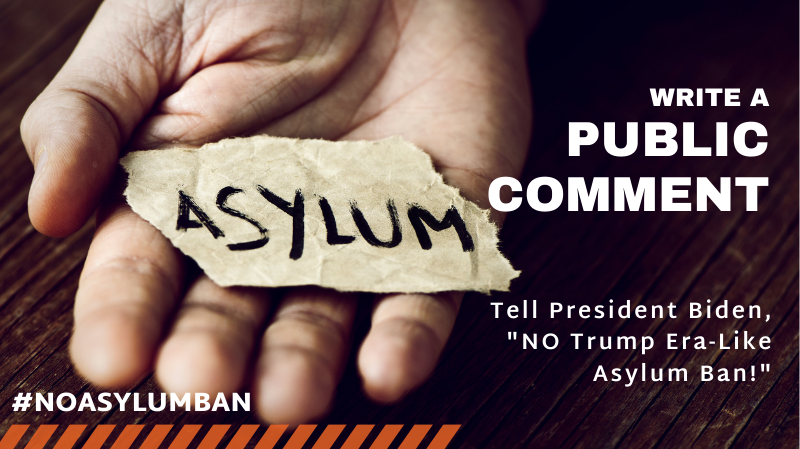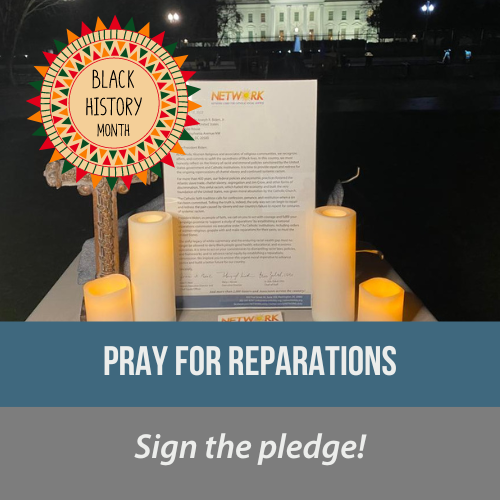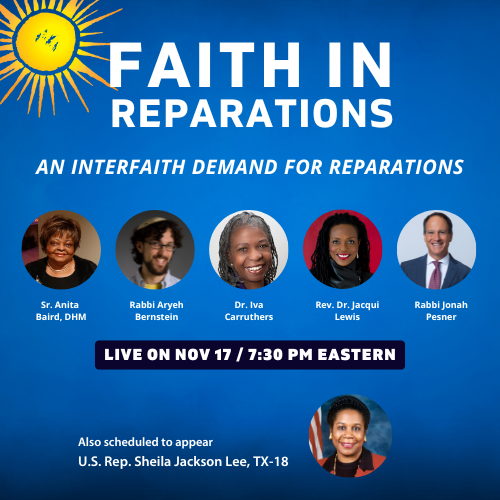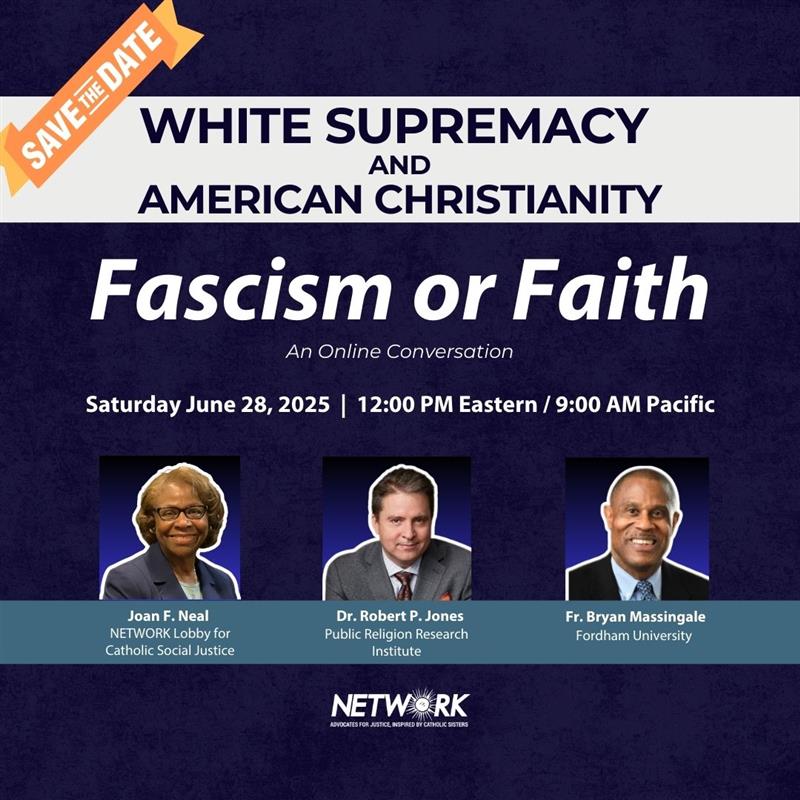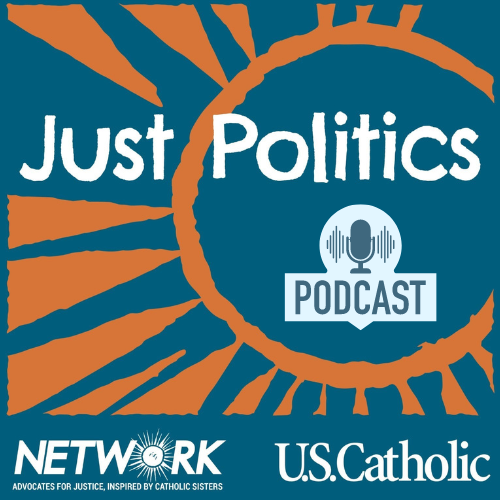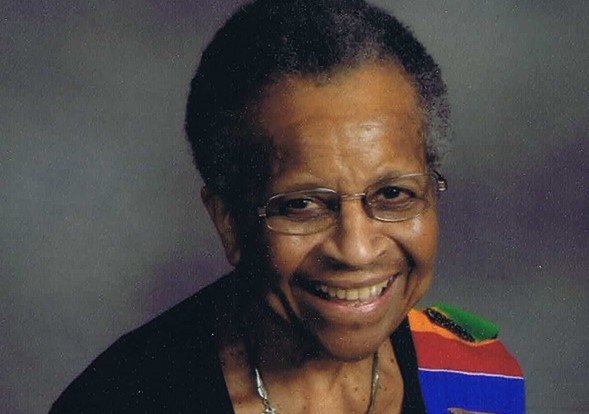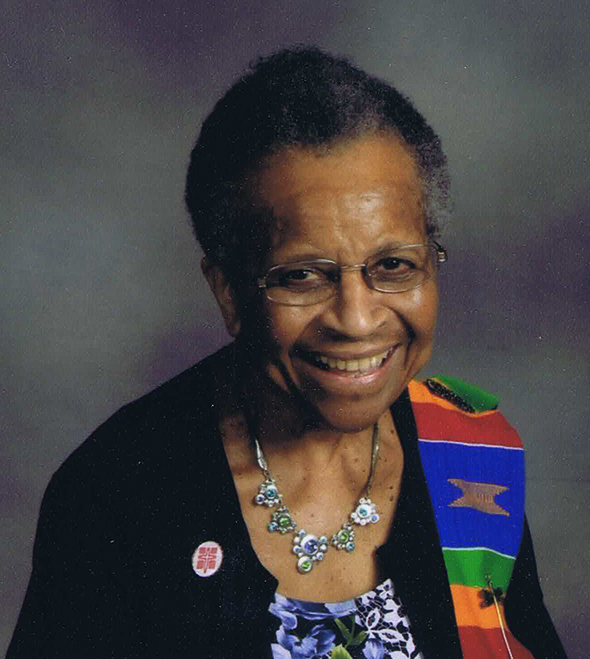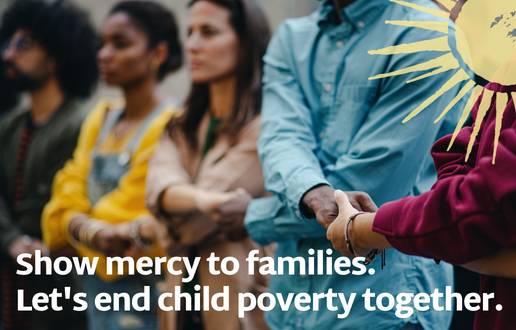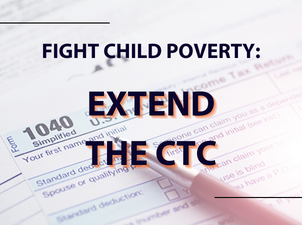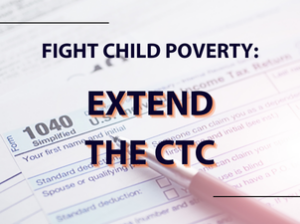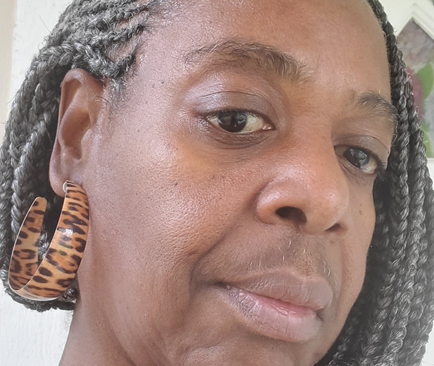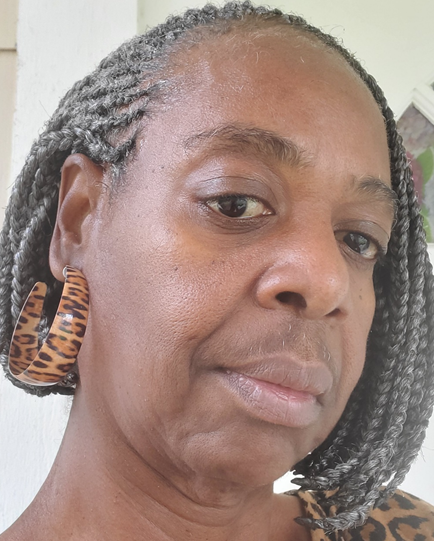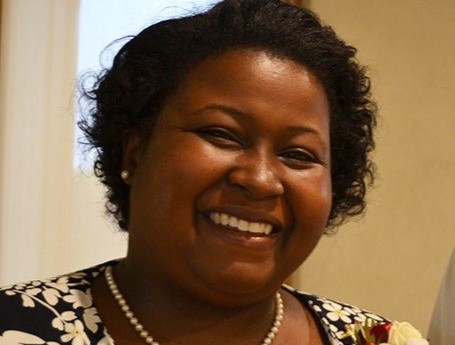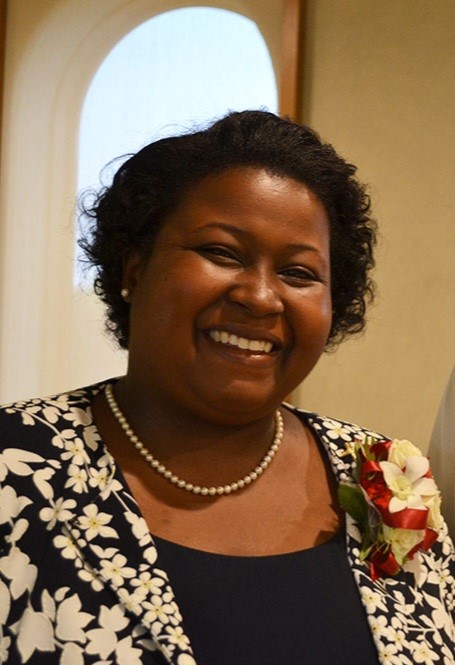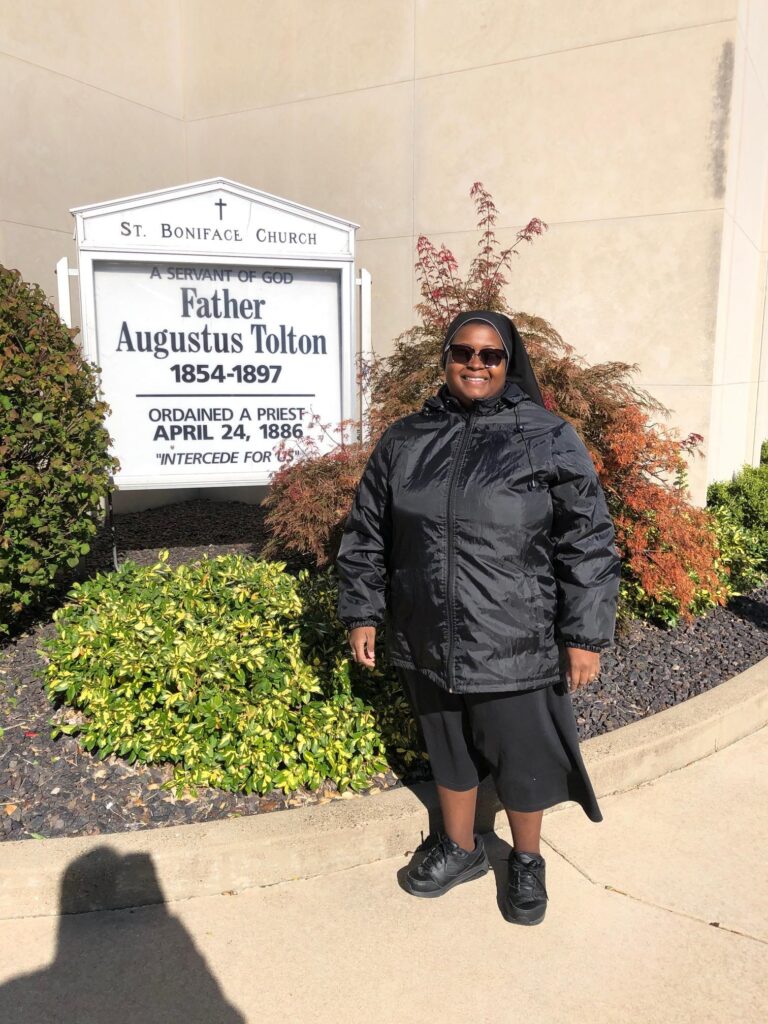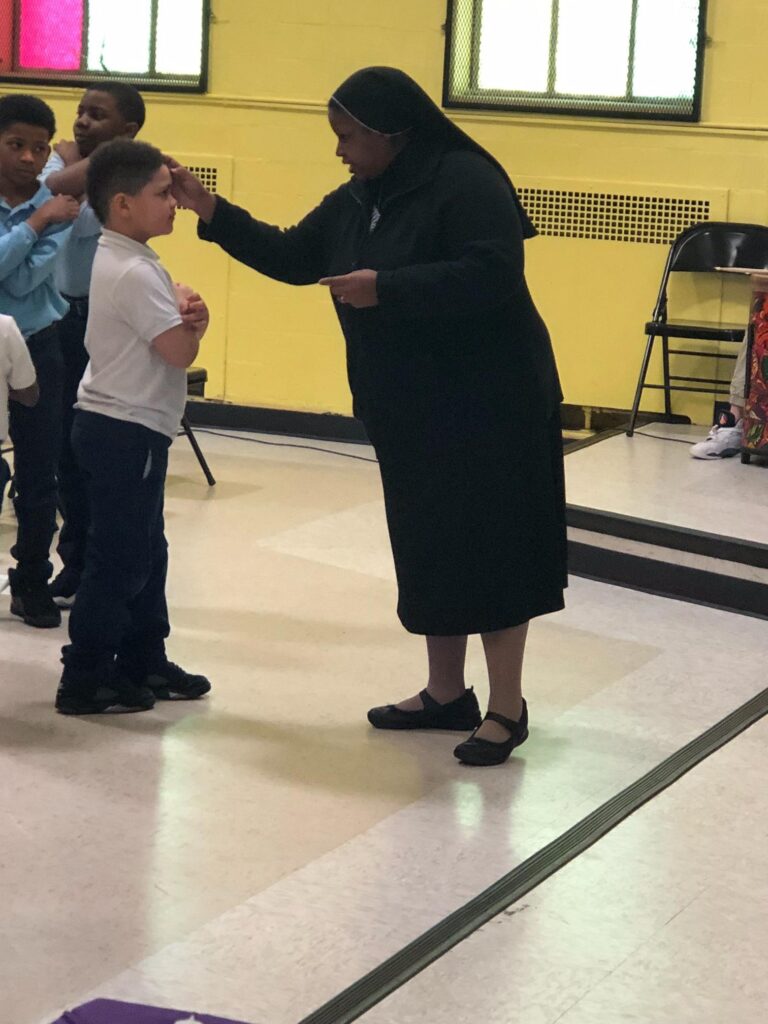
Iowa Advocates Urge Senator Grassley to Support EQUAL Act
Minister Christian S. Watkins
December 14, 2022
The Senate recently joined the house in passing the FY2023 National Defense Authorization Act (NDAA). Unfortunately, the final NDAA legislation failed to include the EQUAL Act (S.79/H.R.1693); a key NETWORK priority we had hoped would be included and passed as a part of that larger bill.
With bipartisan and bicameral support, NETWORK strongly supports the EQUAL Act’s much needed reforms to eliminate the disparity in sentencing for cocaine offenses, a major contributor to mass incarceration. Local Op-eds and even the New York Times Editorial Board are also calling for Senator Grassley and Congress to pass this legislation to ”finally dismantle the nation’s failed war on drugs.”
There is still time for Congress to pass the EQUAL Act, but it has to happen before the end of the year. Now is the time for Congress to act, uplifting human dignity by ensuring sentencing equity in our nation.
Winning Iowa Senator Chuck Grassley’s support for the EQUAL Act is key to securing its passage, because of his position as ranking member of the Senate Judiciary Committee. Therefore, after the Senate failed to pass the EQUAL Act via the NDAA, NETWORK delivered a letter to Senator Grassley signed by nearly 130 Iowans, including 45 Catholic Sisters, expressing strong support for the EQUAL Act. The letter urges Senator Grassley and the Senate to pass this critical bill and other criminal justice reforms before the end of this year:
“As people of faith, we cannot continue to tolerate racial profiling, police brutality, the loss of future generations to mass incarceration, or the perpetuation of poverty. We affirm the truth that every person is entitled to dignity and equitable justice under law.”
Help us spread the word about this important and urgent legislation and urge Senator Grassley to support the EQUAL Act!







